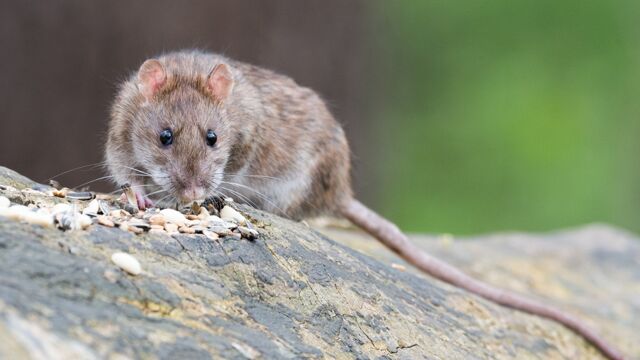Reading someone else's thoughts... a super-power that many people secretly dream of! That could soon become a reality: scientists have recently been able to predict a rat's future movements... just by observing its neuronal activity.
Discover our latest podcast
This work follows directly from John O'Keefe, May-Britt Moser and Edvard Moser's study, which won them the Nobel Prize in Medicine 2014 for highlighting the relationship between the activation patterns of the hippocampus and the location of a subject.
Brain GPS
Thanks to this research, we are currently able to determine the position of a rat in a labyrinth by observing its hippocampus. A sort of brain map, it is activated in a particular way depending on where we are located in the area. However, it turns out that sometimes the active neuron does not match the location of the rat. Rather ‘it gives us a glimpse of how the animal views the space,’ says Jozsef Csicsvari, co-author of the study published in the journal Neuron.
‘We used this concept to understand how rats think about tasks that mobilise their spatial memory.’ During the experiment, the rodents were placed in a labyrinth with eight sections, three of them containing food. During their visit, the rats formed a memory of the location of the rewards (reference memory) and kept in mind which section had been visited or remained to be visited (RAM).
From localisation to prediction
Therefore, scientists have sought to determine how to distinguish neural activation related to places already visited and those remaining to be visited. During the experimental part testing the RAM (only the sections containing the rewards were open), the rat was thinking about the last location he visited.
However, during the test portion of the reference memory (each arm was closed as soon as it was visited), the neuronal sequence corresponded to the location that the rat wished to visit later. ‘The animal thinks of a different place from where it is, so we can predict what the next section in which it is going will be.’
Today, the movements of a rat... tomorrow, the thoughts of our peers? There is hope!















